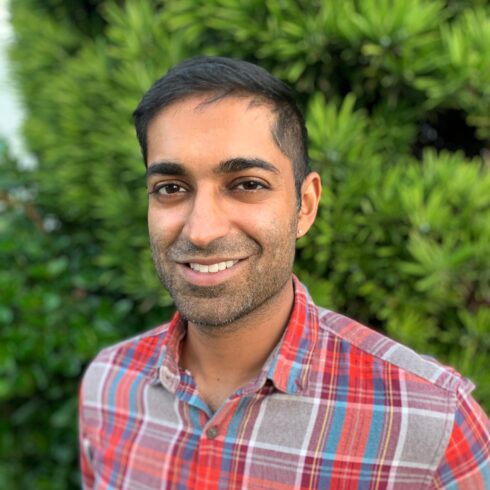– Bharat Venkat –
Associate Professor
Institute for Society & Genetics University of California, Los Angeles
Dr. Bharat Jayram Venkat is an Associate Professor at UCLA with a joint appointment spanning the Department of Anthropology, the Department of History, and the Institute for Society & Genetics. His first book, At the Limits of Cure (Duke University Press, 2021; Bloomsbury India, 2022), is the winner of three awards: the RAI Wellcome Medal (from the Royal Anthropological Institute and the Wellcome Trust), the Edie Turner Book Prize for Ethnographic Writing (from the Society for Humanistic Anthropology), and the Joseph W. Elder Prize in the Indian Social Sciences (from the American Institute of Indian Studies). This work asks what it means to be cured, by tracing ideas of the curable and incurable in tuberculosis treatment and research from the mid-nineteenth century to the present, specifically in India. He has written about the history of antibiotic research, about drug resistance in India, and about what the world might look like when antibiotics fail.
His current book project—titled “Swelter: A History of Our Bodies in a Warming World”— is about thermal inequality, the history of heat, and the fate of our bodies as the world gets hotter. This book reflects on the existential and planetary crisis posed by extreme heat, but from the perspective of our bodies as they experience this crisis. Swelter will be published by Crown in the United States, and Picador in the United Kingdom.
Dr. Venkat is also the director of the UCLA Heat Lab. His work has been funded by the American Council for Learned Societies, the Social Science Research Council, the Wenner-Gren Foundation, the American Institute for Indian Studies, and most recently, by a five-year National Science Foundation (NSF) Career Award, which is the NSF’s most prestigious award in support of early-career faculty.
Further information on Bharat is available on his institutional profile.
 Share
Share






Commentary
The latest commentary on the use of antimicrobials in society.
Care-ful collaboration: reimagining ethnography in transnational global health...
In this AMIS Commentary, Alice Tompson presents reflections on the collaborative working of the Antimicrobials in Society research teams, based...
AMR Training for Social Scientists
In this Q&A, Karlijn Hofstraat and Danny de Vries tell us about their “SPECIAL-SOC AMR” curriculum, a fantastic learning resource...
AMIS Final Report
We are delighted to release our AMIS Final Report. The report summarises the key activities, findings and outputs from the...